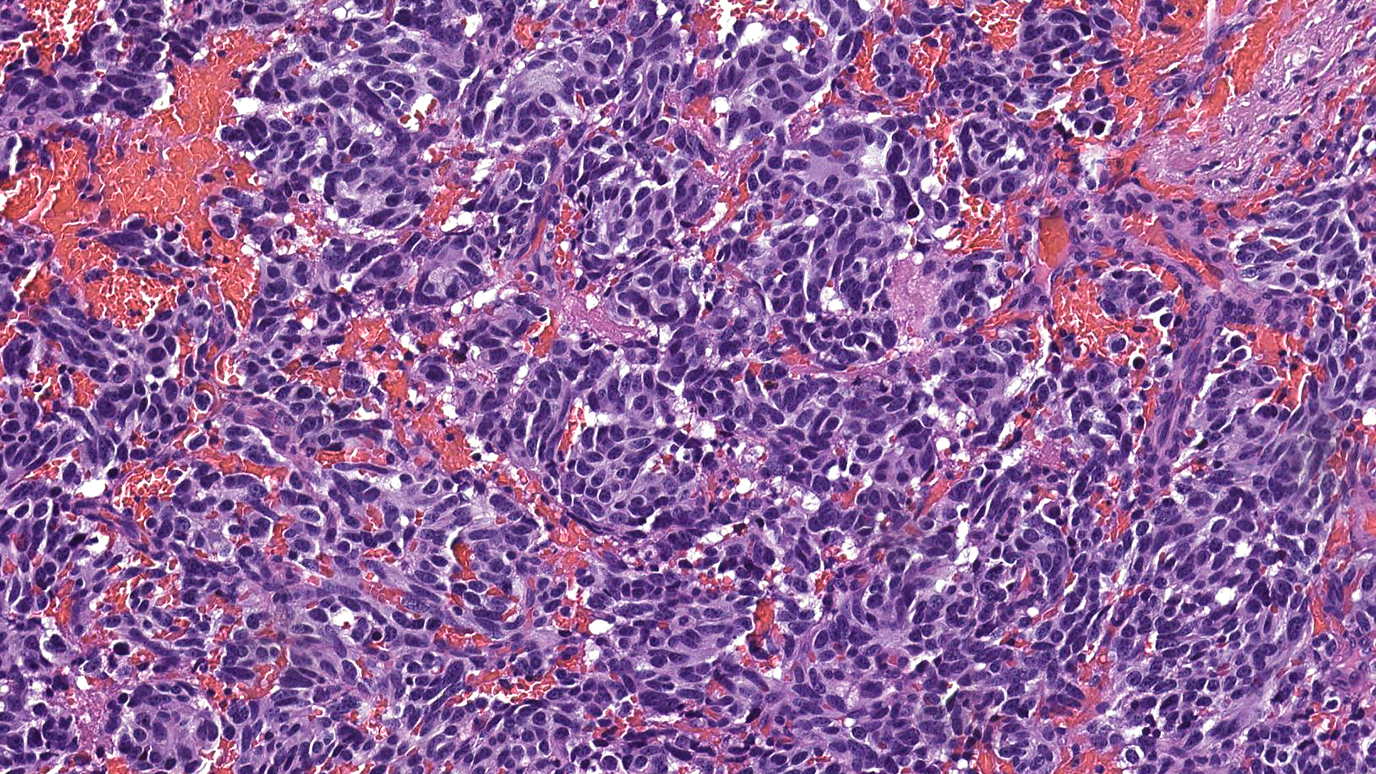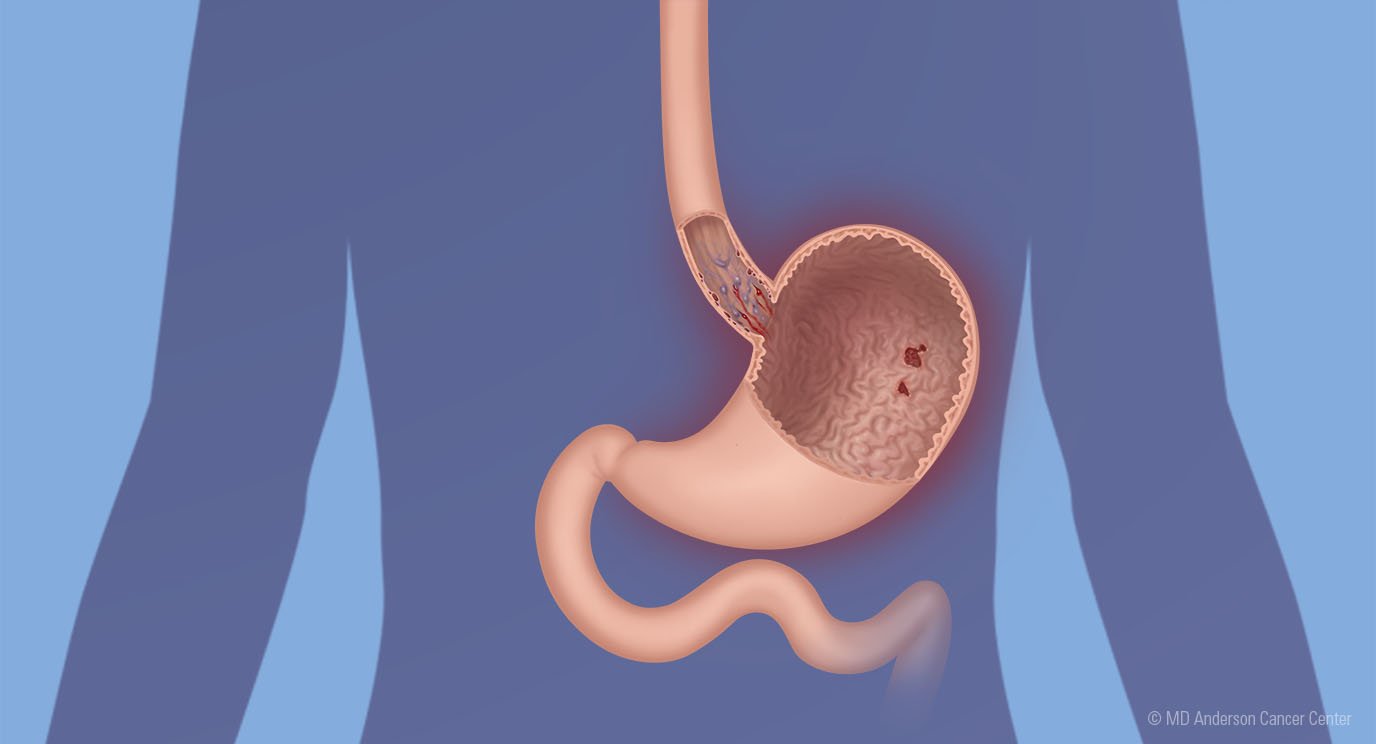- Diseases
- Acoustic Neuroma (14)
- Adrenal Gland Tumor (24)
- Anal Cancer (66)
- Anemia (2)
- Appendix Cancer (16)
- Bile Duct Cancer (28)
- Bladder Cancer (68)
- Brain Metastases (28)
- Brain Tumor (228)
- Breast Cancer (716)
- Breast Implant-Associated Anaplastic Large Cell Lymphoma (2)
- Cancer of Unknown Primary (4)
- Carcinoid Tumor (8)
- Cervical Cancer (154)
- Colon Cancer (164)
- Colorectal Cancer (110)
- Endocrine Tumor (4)
- Esophageal Cancer (42)
- Eye Cancer (36)
- Fallopian Tube Cancer (6)
- Germ Cell Tumor (4)
- Gestational Trophoblastic Disease (2)
- Head and Neck Cancer (6)
- Kidney Cancer (124)
- Leukemia (344)
- Liver Cancer (50)
- Lung Cancer (288)
- Lymphoma (284)
- Mesothelioma (14)
- Metastasis (30)
- Multiple Myeloma (98)
- Myelodysplastic Syndrome (60)
- Myeloproliferative Neoplasm (4)
- Neuroendocrine Tumors (16)
- Oral Cancer (100)
- Ovarian Cancer (170)
- Pancreatic Cancer (166)
- Parathyroid Disease (2)
- Penile Cancer (14)
- Pituitary Tumor (6)
- Prostate Cancer (144)
- Rectal Cancer (58)
- Renal Medullary Carcinoma (6)
- Salivary Gland Cancer (14)
- Sarcoma (236)
- Skin Cancer (294)
- Skull Base Tumors (56)
- Spinal Tumor (12)
- Stomach Cancer (60)
- Testicular Cancer (28)
- Throat Cancer (90)
- Thymoma (6)
- Thyroid Cancer (98)
- Tonsil Cancer (30)
- Uterine Cancer (78)
- Vaginal Cancer (14)
- Vulvar Cancer (18)
- Cancer Topic
- Adolescent and Young Adult Cancer Issues (20)
- Advance Care Planning (10)
- Biostatistics (2)
- Blood Donation (18)
- Bone Health (8)
- COVID-19 (362)
- Cancer Recurrence (120)
- Childhood Cancer Issues (120)
- Clinical Trials (622)
- Complementary Integrative Medicine (24)
- Cytogenetics (2)
- DNA Methylation (4)
- Diagnosis (226)
- Epigenetics (6)
- Fertility (62)
- Follow-up Guidelines (2)
- Health Disparities (14)
- Hereditary Cancer Syndromes (122)
- Immunology (18)
- Li-Fraumeni Syndrome (8)
- Mental Health (118)
- Molecular Diagnostics (8)
- Pain Management (64)
- Palliative Care (8)
- Pathology (10)
- Physical Therapy (18)
- Pregnancy (18)
- Prevention (888)
- Research (388)
- Second Opinion (74)
- Sexuality (16)
- Side Effects (602)
- Sleep Disorders (10)
- Stem Cell Transplantation Cellular Therapy (216)
- Support (404)
- Survivorship (322)
- Symptoms (186)
- Treatment (1770)
Protecting cancer patients from the coronavirus (COVID-19): 4 things caregivers should know
3 minute read | Published March 06, 2020
Medically Reviewed | Last reviewed by an MD Anderson Cancer Center medical professional on March 06, 2020
As a cancer caregiver, you may be wondering how you can protect your loved one from infection — particularly with the 2019 novel coronavirus (COVID-19) continuing to make headlines.
COVID-19 germs are spread like those of the common cold: through direct contact with someone who has the virus, by touching contaminated surfaces and then touching one’s eyes, nose, or mouth, or by inhaling the tiny moisture droplets that are exhaled, sneezed or coughed into the air by someone who has the virus.
So, what can you do to help protect you and your loved ones from COVID-19 and other contagious diseases? To learn more, we spoke with Roy Chemaly, M.D., our infectious diseases and infection control specialist.
Wash your hands properly — and often
“The single most important thing people can do to prevent the spread of germs is to wash their hands properly — and frequently,” Chemaly says.
Lather up with soap and water and scrub all parts of your hands — back, front, between your fingers, around your cuticles and under your nails — for at least 20 seconds before rinsing off the suds. If you need help gauging exactly how long that is, either sing the ABC song once or “Happy Birthday to You” twice.
Germs are easily spread when we shake hands, so it’s important to wash your hands after doing so. Or, better yet, consider substituting an “elbow bump” for a handshake, hug or kiss.
Can’t wash? Don’t touch
If you don’t have access to soap and water, try to find an alcohol-based hand sanitizer instead. Apply the gel liberally, and rub it all over your hands. Then let it air dry. Resist the urge to wipe off the excess right away with a paper towel, as it takes about 20 seconds for the sanitizer to work.
If you can’t find anywhere to wash your hands and no hand sanitizer is available, avoid touching your eyes, nose or mouth with your hands until you can clean them properly.
Practice prevention: Don’t be a source of illness yourself
Another way to protect both yourself and your loved ones from illness is to get a flu shot. The flu vaccine takes a few weeks to reach maximum effectiveness, but it’s not too late to get one, if you haven’t already.
“Getting the vaccine may not prevent you from catching the flu, but it can reduce the severity of the illness if you do,” says Chemaly.
If you haven’t caught a cold or flu virus yet this season, try to keep it that way, by avoiding sick people and crowded public spaces whenever you can. Stay at least six feet away from anyone who’s visibly ill.
And if you’re showing symptoms of illness — or you can’t tell if whatever you have is allergies or something contagious — be a good neighbor, and do everything you can to avoid passing your germs along to others.
That means staying home when you don’t feel well, and not venturing back out in public until you’ve been free of both fever and visible symptoms (such as a runny nose) for at least 24 hours. It also means using your elbow — not your hands — to cover a cough or sneeze, so that everything you touch doesn’t get contaminated.
Keep it clean: Home maintenance basics
Regardless of whether you’ve been sick, it’s good to get into the habit of regularly wiping down the surfaces in your surroundings. Germs are everywhere: hand rails, drawer pulls, elevator buttons, counter tops, exercise machines and on anything else that people touch on a regular basis.
So, use disinfectant wipes to clean “high-touch” objects or surfaces at work and home daily, such as light switches, computer keyboards, doorknobs, stick shifts, telephone handsets, remote controls, and fridge, faucet and toilet handles. This can prevent people from infecting each other or passing their germs along to unsuspecting visitors.
“The same basic preventive principles apply, whether you’re talking about a cold or the coronavirus,” says Chemaly. “Washing your hands regularly, avoiding sick people, and regularly wiping down surfaces are your best bets for avoiding infection.”
Learn about precautions MD Anderson is taking to protect our patients and workforce members from the coronavirus.
Request an appointment at MD Anderson online or by calling 1-877-632-6789.


The single most important thing people can do is to frequently wash their hands.
Roy Chemaly, M.D.
Physician





